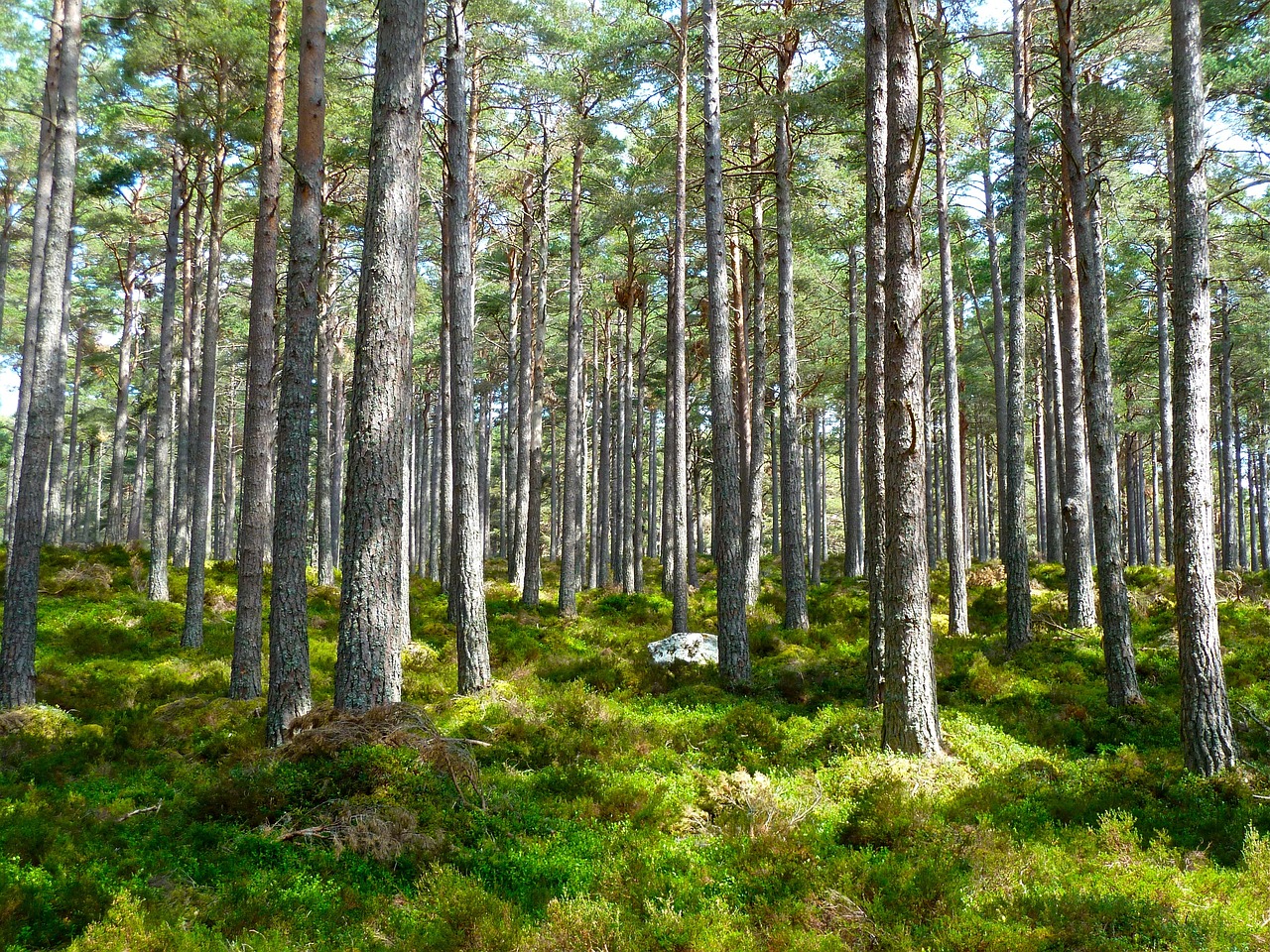-
Details
-
 Meaning of "Moridori" in Bonsai:
Meaning of "Moridori" in Bonsai:
- "Moridori" refers to bonsai trees collected from wooded areas, where "Mori" means forest in Japanese.
Collection Location of Moridori Bonsai:
- These bonsai trees are specifically collected from natural forest environments, resulting in unique characteristics and growth patterns.
Characteristics of Moridori Bonsai:
- Natural Aesthetics: Moridori bonsai often exhibit a more mature and rustic appearance due to their origin in natural forests.
- Growth Patterns: They may have compact growth forms with denser foliage and natural wood textures.
Ecological Benefits of Moridori Bonsai:
- Biodiversity: Bonsai from natural forests contribute to the conservation of local plant and animal species.
- Sustainability: These trees are often more robust and better adapted to local climatic conditions.
Cultural and Historical Value:
- Tradition: Moridori bonsai hold deep cultural significance, valued for their natural beauty and historical ties to Japanese horticultural practices.
Applications of Moridori Bonsai:
- Bonsai Art: Used in bonsai creations due to their unique character and natural appearance.
- Garden Landscape Architecture: Integrated into gardens and landscapes to create a sense of wilderness and rustic beauty.
Care and Maintenance:
- Specific Requirements: May require special care methods to maintain their natural growth patterns and aesthetics.
- Environmental Adaptation: May require adaptation when transitioning from forest to garden environments.
Education and Awareness:
- Educational Initiatives: Promoting understanding of the value of Moridori bonsai and the importance of sustainable management of natural forests.
 Meaning of "Moridori" in Bonsai:
Meaning of "Moridori" in Bonsai: